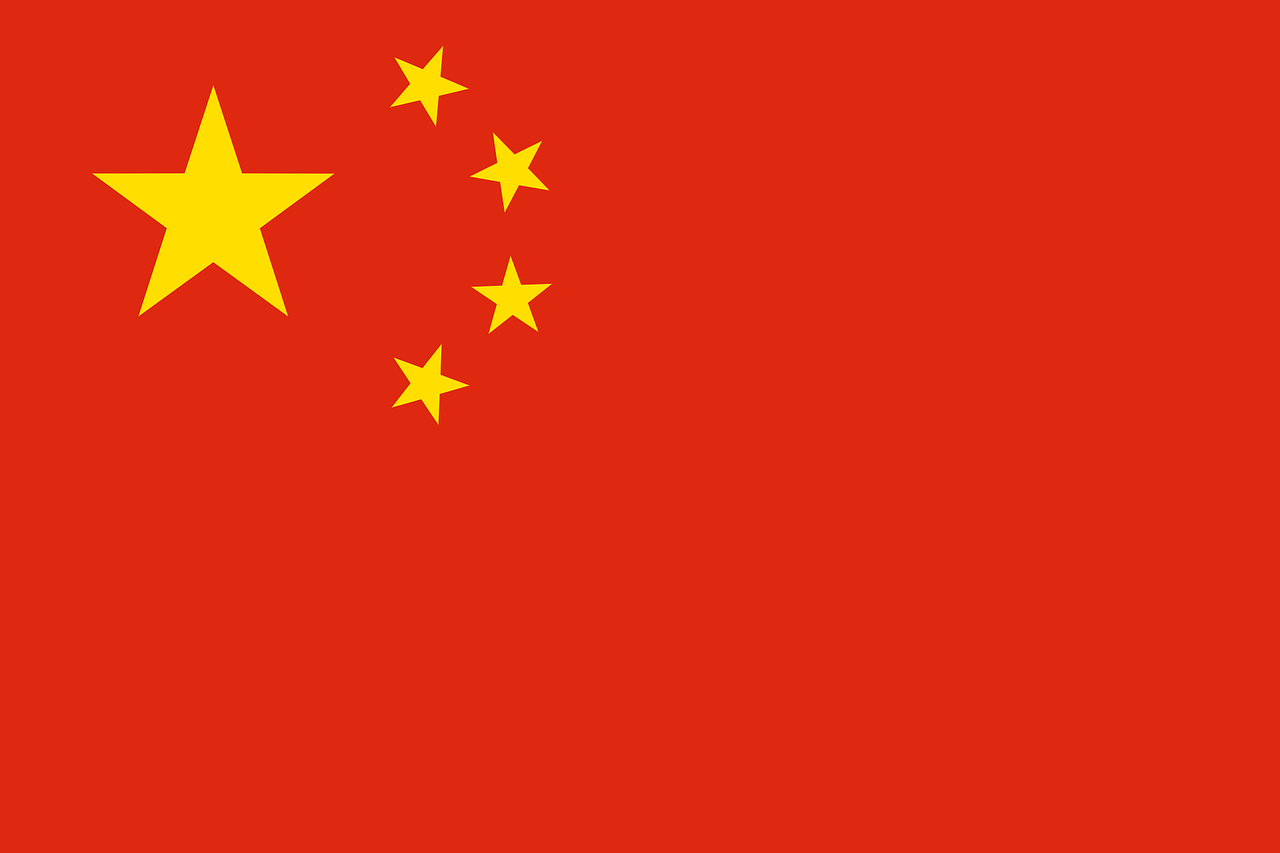
403
Sorry!!
Error! We're sorry, but the page you were looking for doesn't exist.
Chinese PM declines meeting German vice chancellor
(MENAFN) German Vice Chancellor Robert Habeck, also serving as the country’s Minister for Economic Affairs and Climate Action, faced a setback during his recent diplomatic visit to China when he was unable to secure a scheduled meeting with Chinese Premier Li Qiang. The visit, aimed at addressing economic disputes and averting potential trade conflicts, took place against a backdrop of escalating tensions between China and the European Union (EU).
Habeck arrived in Beijing with hopes of a meeting with Premier Li Qiang, only to be informed that the appointment was not feasible before his departure to Shanghai the following day, reported Die Welt. The reasons for the cancellation were not disclosed, leaving Habeck uncertain about the abrupt change in plans. Despite this setback, the German official was scheduled to meet with a series of Chinese cabinet colleagues, ensuring a busy itinerary during his stay.
The visit by Habeck marks the first high-level trip to China by a senior official from an European Union member state since Brussels proposed imposing significant tariffs on Chinese electric vehicle manufacturers. These tariffs, announced by the European Union recently, triggered a swift response from Beijing, which initiated its own anti-dumping investigation targeting specific pork products imported from the European Union. The tit-for-tat actions underscored growing concerns over the potential for a full-scale trade war between China and the European Union, with both sides accusing each other of unfair trade practices.
Prior to Habeck’s arrival, China’s Ministry of Commerce issued a stern warning, blaming the European Union for escalating trade tensions and cautioning that further actions could provoke a trade war. The ministry’s spokesperson criticized the European Union's handling of an anti-subsidy investigation into Chinese electric vehicles, alleging biased outcomes and disregard for previous consensus agreements between the two sides.
The developments highlight the delicate diplomatic balancing act required to navigate strained economic relations between China and the European Union, particularly amid fears of broader repercussions on global trade stability and the potential impact on German businesses affected by the new tariffs.
Habeck arrived in Beijing with hopes of a meeting with Premier Li Qiang, only to be informed that the appointment was not feasible before his departure to Shanghai the following day, reported Die Welt. The reasons for the cancellation were not disclosed, leaving Habeck uncertain about the abrupt change in plans. Despite this setback, the German official was scheduled to meet with a series of Chinese cabinet colleagues, ensuring a busy itinerary during his stay.
The visit by Habeck marks the first high-level trip to China by a senior official from an European Union member state since Brussels proposed imposing significant tariffs on Chinese electric vehicle manufacturers. These tariffs, announced by the European Union recently, triggered a swift response from Beijing, which initiated its own anti-dumping investigation targeting specific pork products imported from the European Union. The tit-for-tat actions underscored growing concerns over the potential for a full-scale trade war between China and the European Union, with both sides accusing each other of unfair trade practices.
Prior to Habeck’s arrival, China’s Ministry of Commerce issued a stern warning, blaming the European Union for escalating trade tensions and cautioning that further actions could provoke a trade war. The ministry’s spokesperson criticized the European Union's handling of an anti-subsidy investigation into Chinese electric vehicles, alleging biased outcomes and disregard for previous consensus agreements between the two sides.
The developments highlight the delicate diplomatic balancing act required to navigate strained economic relations between China and the European Union, particularly amid fears of broader repercussions on global trade stability and the potential impact on German businesses affected by the new tariffs.

Legal Disclaimer:
MENAFN provides the
information “as is” without warranty of any kind. We do not accept
any responsibility or liability for the accuracy, content, images,
videos, licenses, completeness, legality, or reliability of the information
contained in this article. If you have any complaints or copyright
issues related to this article, kindly contact the provider above.

















Comments
No comment